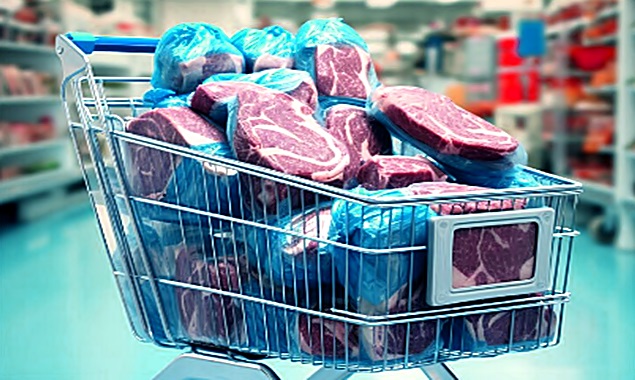1340

Romania Aims for Full Pork Self-Sufficiency by 2029
Within the next four years, Romania is expected to significantly expand its pig population, reaching full self-sufficiency in pork production, according to Minister of Agriculture Florin Barbu, as reported by PigProgress.
Five Million Pigs by 2026
By 2026, Romania's pig population is projected to reach 5 million, up from just 3.2 million in 2024. Barbu anticipates that pork imports will begin to decline as domestic production increases.
However, to eliminate imports altogether, Romania must raise its pig population to 8.7 million. According to Barbu, this target is expected to be met by around 2029.
Livestock Industry Development Program
Romania has embarked on a comprehensive livestock development program, backed by massive investments in meat and dairy production.
“This year alone, we have €7.3 billion in commitment appropriations and €5 billion in budgetary credits. These funds will be used strictly for investments,” Barbu stated.
The swine industry alone is set to receive 2.8 billion RON (€560 million) in state aid, making it the largest recipient of public funding across all livestock sectors.
By comparison:
- Poultry meat producers are estimated to receive 1 billion RON (€200 million)
- The cattle segment will receive around 2 billion RON (€400 million)
Ending Fragmented Investments
According to Barbu, the Romanian government intends to put an end to disorganized investments in the pork sector.
He recalled that between 2014 and 2020, Romania had access to EU funds that could have been used to develop pig breeding farms—a strategic move that would have helped reduce dependence on imported piglets.
“Instead of importing piglets at €125 each, we could have raised them domestically for €50 to €60,” Barbu explained.
However, the funds were largely directed toward fattening farm development, which Barbu now calls a strategic misstep, as the sector remains heavily reliant on imported genetics.
Focus on Meat Processing
To avoid repeating past mistakes, Romania now aims to strengthen every link of the supply chain.
Barbu announced that Romania has signed contracts worth €1.7 billion for the development of the food processing industry, with a significant portion allocated to expanding meat processing capacity.
“If these projects are completed within three to four years, based on their declared capacity, Romania could become the most powerful player in Southeast Europe in terms of meat processing,” Barbu said.
Beyond food processing, Romania also plans to invest in ready-to-eat food production, with hopes of establishing a strong export footprint in the coming years, he added.





